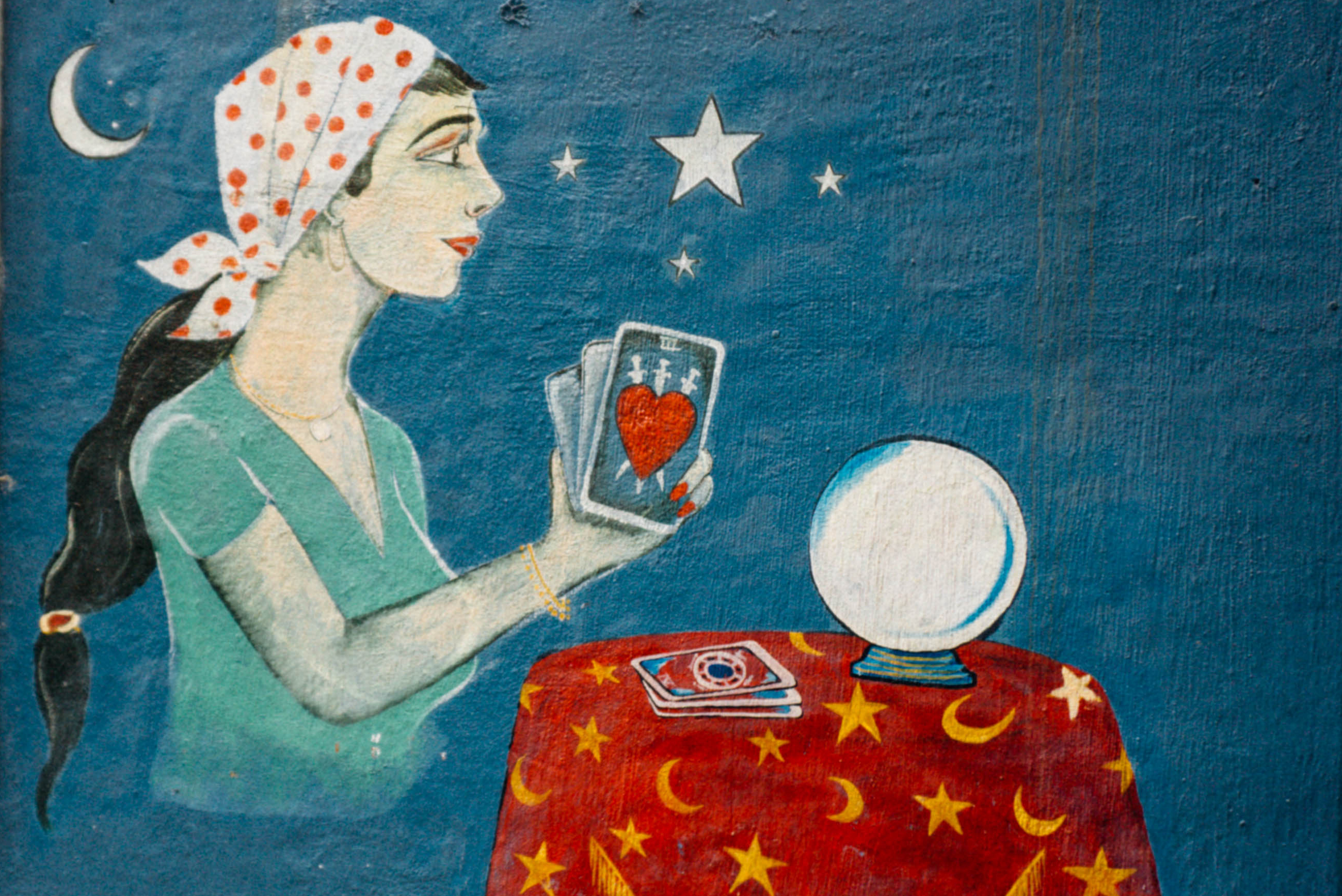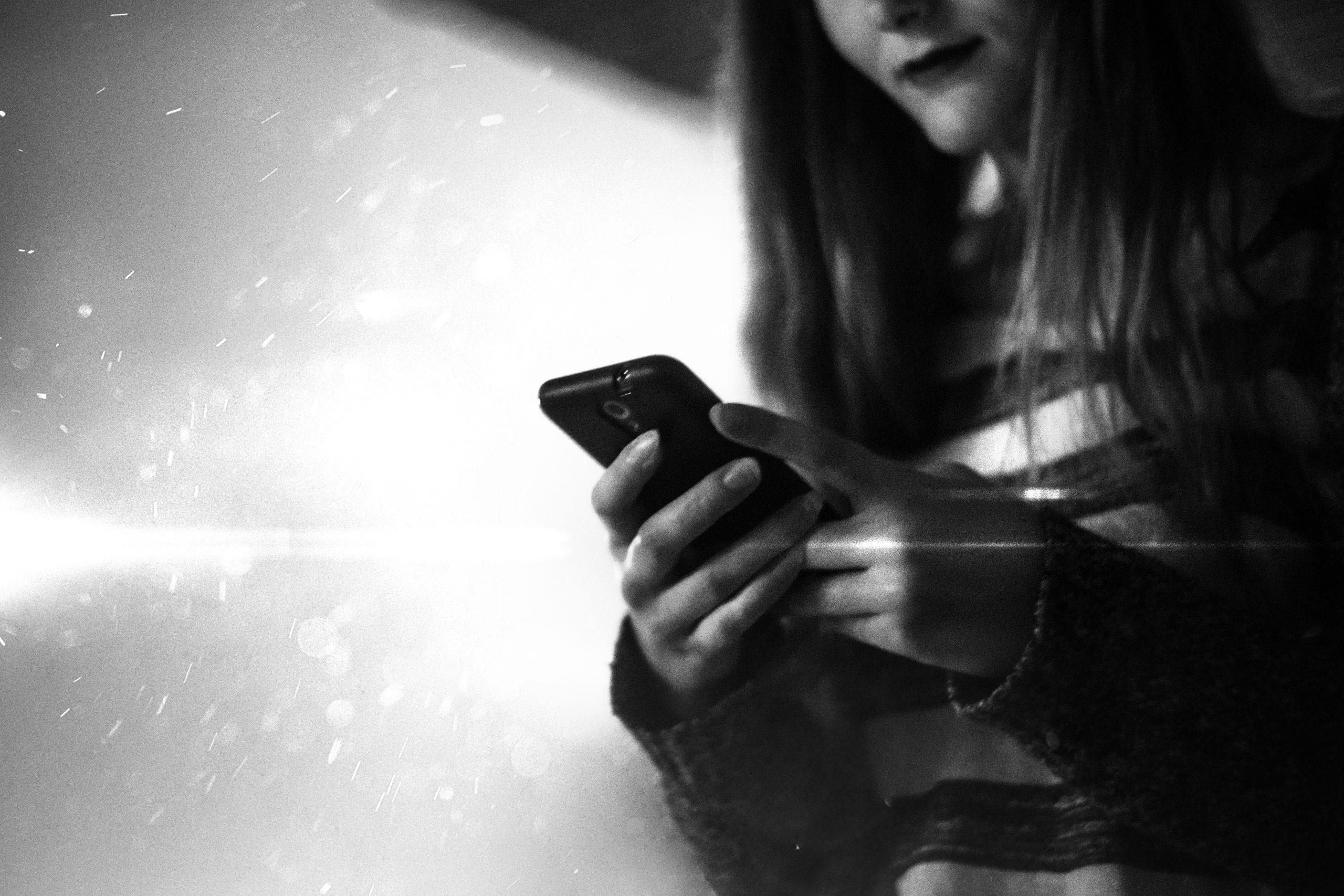Jacqueline Doyle
The day Charles lost his rabbit started like all of the other days since Stacy’d left him. Badly.
He overslept the alarm, and gulped down yesterday’s re-warmed coffee as he struggled into his clothes, dashing around the messy apartment to find his magician tux and rumpled white shirt. Empty wine bottles and dishes and newspapers littered the coffee table. He found his bow tie under a greasy pizza box.
Outside it was gray and cold, one of those damp, foggy days in San Francisco when it wasn’t quite raining, and the cold penetrated your bones. Lunch hour traffic on Geary was heavy, sluggish. He stood at the bus stop listening to the cars whoosh by on the wet street, peering at the drivers hunched over their steering wheels, oblivious to everyone else, wrapped in their private angst and quiet desperation. He’d been thinking stuff like that a lot lately. Remembering bits of poems without quite remembering their authors. “I grow old, I grow old, I shall have to wear the bottoms of my trousers rolled.” Or something like that. Who was that by? Charles was pretty sure the mermaids wouldn’t sing to him either. He’d been noticing on the bus that girls didn’t even seem to see him, much less sing to him. He used to ride the bus with Staci, not noticing other people either. Now he had plenty of time to look around.
There was no one in the dressing room as he pulled on his tux. It could use a dry cleaning, but that cost money, and he didn’t think it was all that noticeable on the stage. Staci used to use a steamer on it, but she took it with her when she left. No time to worry about it now. Show time.
Charles stood under the spotlight in front of the closed velvet curtains and smiled out at the audience uncertainly. Not much of an audience in the darkness on the other side of the footlights: a scattering of tourists and shoppers resting their feet, some kids, probably ditching school. Directly in front of him an overweight, middle-aged couple clutched a large stuffed giraffe and bags from the Pier 49 souvenir shops outside; to the far left, in the dark by the wall, a young couple was wrapped around each other; a group of dowdy, sunburned women—secretaries, or teachers maybe—chattered happily, barely glancing at the stage; in the back row of the theater, some teenage boys snickered at his hesitation.
“Ladies and gentlemen.” Charles’s voice cracked slightly on “gentlemen” and he cleared his throat. Better to do some tricks that didn’t require much patter. He just didn’t feel up to it this afternoon. “Ladies and gentlemen. I am Mondo the Magnificent.” He twirled his cape and bowed with a flourish, momentarily caught up in his own illusion. It was too bad that Staci had quit. It helped to have a beautiful 21-year old assistant, gave the act some class. There weren’t a lot of tricks he could do by himself. He had all the equipment to saw a woman in half. No woman, no trick. They’d probably seen it before somewhere anyway. Not much new there, sawing a woman in half.
He shook out a large red silk scarf, toreador-style, which transformed into a cane. He shook the cane, which produced a large bouquet of colorful paper flowers, which he placed ceremoniously in a glass vase sitting on the table to his side. So far so good, though he wasn’t getting much audience response. He only had to fill fifteen minutes between acts, but fifteen minutes was longer than you might think.
Should he ask for an audience member and try a card trick? What if no one volunteered? Half of them looked too tired or indifferent. Half of them were assholes who might screw things up. Staci would have held their attention, with her long legs and high heels, her tight tuxedo jacket and black sequined hot pants. He surreptitiously checked his watch as he fumbled with his sleeve and produced not one, not two, but a string of gay silk scarves that he waved in the air. Presto! They vanished.
Staci believed in him in the beginning, or so he’d thought. She’d been all wide-eyed and admiring, told him he was destined for better things—a headline show in Vegas maybe, or at least a longer act, not sandwiched in between mimes in white tights and acrobats dressed as vegetables, playing to dwindling crowds on days when it was too foggy and cold for out-of-town visitors to sit outside and watch the seals. Some days even bad weather didn’t bring them in. Staci read aloud from magic books she got out of the library, and they talked about developing some new tricks. She giggled when he juggled oranges in bed, when he pulled a condom out from behind her ear. And she’d been something of an acrobat herself, hooking her legs over his shoulders, thrusting and twisting her hips, shrieking when she came.
“Charlie, you’re awesome,” she said seriously, “like totally awesome.” She called him Charlie. No one else did. He’d always secretly known that he wasn’t a Charlie, but it took her almost a year to figure it out herself.
He took four colored balls off the table and began to juggle, sweating slightly as the balls rotated in the air, one, two, three, four, his hands moving in careful rhythm. I’d like to see you do this, he thought, as the audience stared unimpressed. “And now …” A drum roll would be nice, but there were no musicians of course. It was probably too early for the climax, but he’d reached the end of his tricks. Tipping his head forward he lifted his hat with his cane, twirled it several times in the air, and flipped it onto the table. He paused to heighten the suspense, flashed a mysterious smile, and reaching inside, groped for the rabbit’s ears.
No rabbit. He stared straight ahead, frozen. He’d put the rabbit in the compartment, hadn’t he? He was sure he remembered taking the rabbit out of the cage and putting it in the compartment under the table before they rolled it on stage. Or was that another day? His head throbbed, his stomach burned. He knew he had to eat something if he was going to get rid of this hangover.
For a long, seemingly endless moment the audience was dead silent, all eyes on him. No ooohs and aaahs or applause this time. Then they started shifting in their seats, heads turning to gauge the reactions of the other spectators. Was this a mistake, or part of the trick? With a quick bow, he ventured a weak smile and shuffled sideways off the stage.
He wondered how he was going to do this next week, and the week after that, and the week after that. He wondered where the hell the rabbit was, and whether he’d ever find him again. He wondered where that dumb cunt Staci had gone, and whether he’d ever get his ninety-four dollars back, not to mention the ring. He was thirty-eight years old. His hairline was receding. His fingers weren’t as fast as they’d once been. He’d never been great. Kiddy birthday parties were about his speed. Charles sat on a bench in the thick fog, listening to the stupid seals barking. Two beady-eyed gulls perched on the railing, waiting, and he tossed them part of the sourdough roll from his stale sandwich. There was bird shit everywhere. It was cold again today. Too damn cold.
Jacqueline Doyle’s recent flash fiction has appeared in elimae, flashquake, blossombones, OnePageStories, DOGZPLOT, Staccato Fiction, Glossolalia, LITnIMAGE and a number of other online journals. She also has creative nonfiction published and forthcoming in SNReview, River Poets Journal, Pear Noir!, Women’s Studies and elsewhere. She lives in the San Francisco Bay Area, where she teaches at California State University, East Bay.


